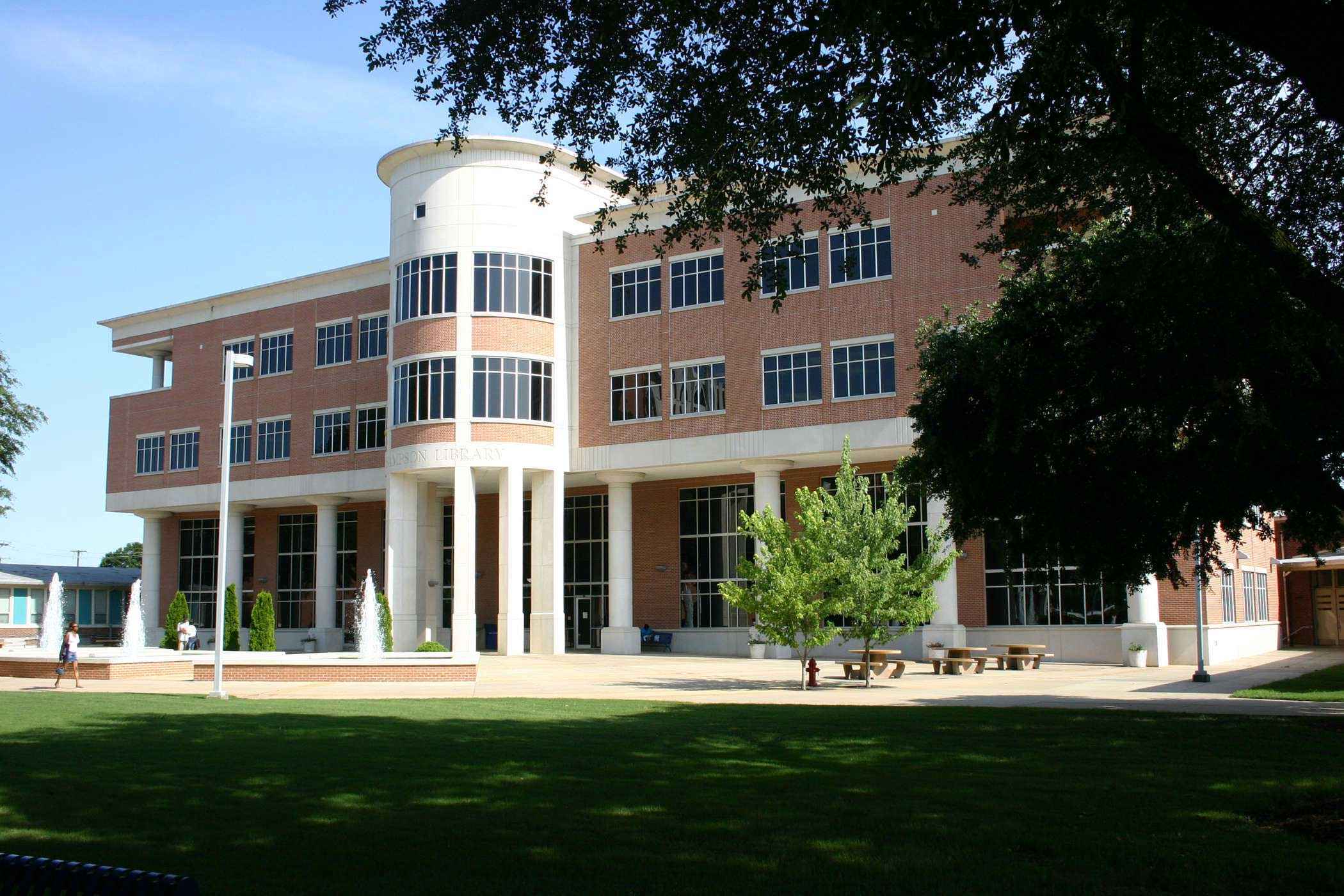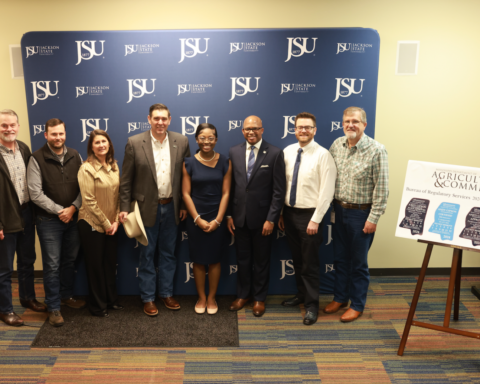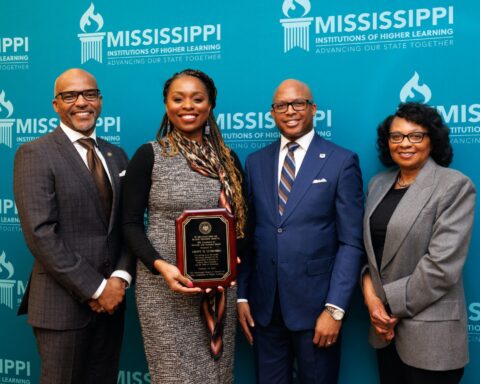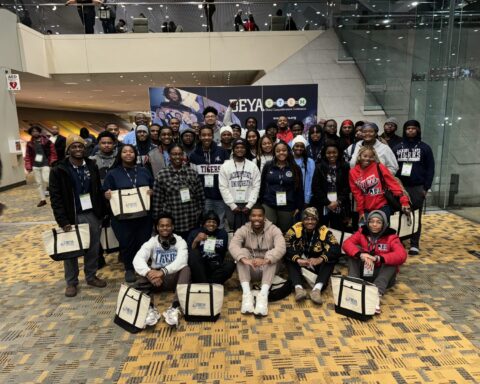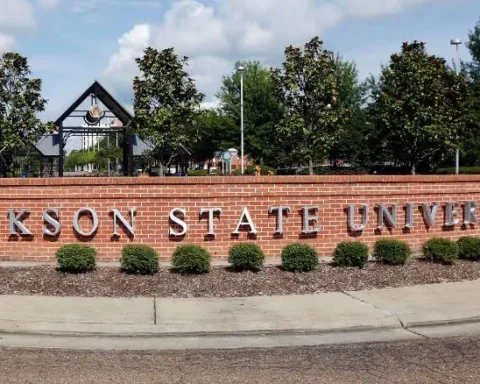Jackson State University Department of Urban and Regional Planning (DURP) invites industry leaders to a panel discussion about the future of energy in the community. The event is on June 16 from noon until 2 p.m. in room 134 in the College of Business on JSU’s main campus.
With global warming and the rising cost of oil, DURP Department Chair Berneece Herbert, Ph.D., said this is an important time to examine the possibilities of better and more sustainable energy.
“We want to look at issues with renewable energy. We want to look at issues with energy burdens and how companies can help low-income communities, and to see how Jackson State can play a role in the energy arena,” explained Herbert.
The five-person panel discussion is one of the multiple events DURP will host under “Pathways” the department’s summer program. Herbert launched the nonacademic program in 2021 to expose students and alumni to various areas of knowledge and skill that may not align with a traditional academic program yet, are vital to the community.
The five panelists collectively possess decades of experience in the energy industry. They are as follows:
- Strategic Leader for Entergy, Jason Reynolds
- Mississippi Power Transmission General Manager, Melvin Roland
- Executive Vice President and Chief Sustainability Officer for Covanta, Tequila Smith
- Manager of Corporate Environmental Risk Management Environmental Group, Octavais Walton, and
- Entergy Vice President of Operations Support, Demitrius Davis.
State representatives and elected officials are also expected to attend the event. Herbert said it is vital to have politicians and community leaders included in the conversation to try and evoke positive change in our communities.
“It doesn’t matter what we as scholars talk about unless we have policymakers and public officials understanding it from all perspectives,” she explained. “We need these officials so they can make the appropriate policy changes so that we can address some of the public problems affecting the community,”
